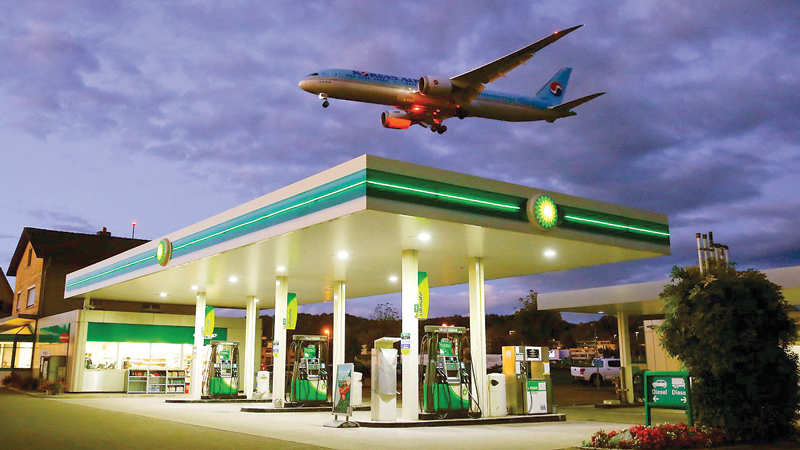

BP’s new boss almost has the keys to the car. The UK oil major on Tuesday delivered a solid last set of results under departing Chief Executive Bob Dudley, the day before his replacement Bernard Looney formally takes over.
While Dudley is handing over a well-oiled machine, Looney’s scope for an opening gear-change is less than he might have hoped.
BP’s engine is already running pretty well. Despite oil prices falling over 10 per cent year-on-year, BP beat net profit expectations. A $10 billion disposal plan is nearly done, which will help net debt to fall from above 30 per cent of total capital to around 25 per cent this year.
The drag from 2010 Gulf of Mexico oil spill compensation payments will fall from $2.4 billion last year to below $1 billion, the company reckons. With BP’s $25.7 billion of 2019 operating cash flow comfortably covering its capital expenditure, buyback and dividend – which rival Royal Dutch Shell didn’t manage – Dudley was able to announce a 2.4 per cent payout increase – only the group’s second since 2014.
Although Looney is a BP lifer so shares the credit, the dividend boost slightly cramps his style. Meanwhile, the impact of the coronavirus on oil demand has sent Brent crude prices plummeting from near $70 a barrel a month ago to just $55 now.
That’s starting to get near the $50 a barrel level needed by BP to cover its capital expenditure and dividends, according to Jefferies.
With oil prices at $70 a barrel, Looney could think about giving shareholders his own golden hello and addressing the one area where BP is noticeably lagging: setting a meaningful target to reduce emissions, including those from customers as well as operations. Current prices make any bold move, such as dramatically scaling up investment in renewable energy, harder.
One way to square the circle might be for Looney to sell BP’s 20 per cent stake in Rosneft, which is currently worth over $15 billion. Yet apart from the fact that an exit might cause a political stink, it could initially worsen BP’s own carbon footprint: in 2018, Rosneft’s operations emitted fewer greenhouse gases per unit of production than BP’s. Looney’s balancing act between maintaining today’s high returns and preparing the company for the future may not be any easier than his rivals. — Reuters
Oman Observer is now on the WhatsApp channel. Click here



